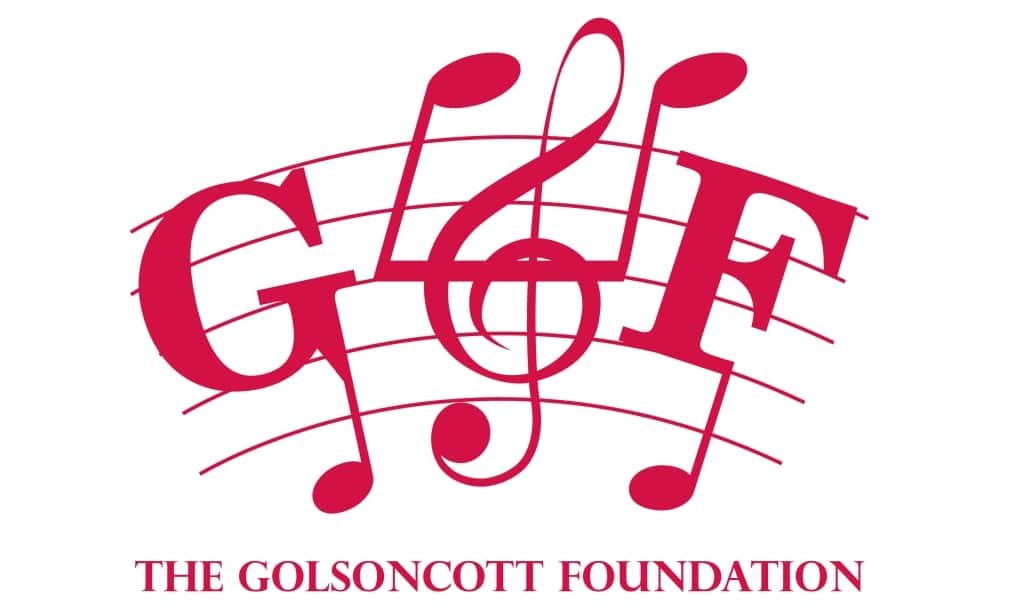The Golsoncott Foundation, established as a Charitable Trust in July 1998 from the estate of the artist and sculptor Rachel Reckitt (1908-1995) is an arts-funding trust whose declared object is … to promote, maintain, improve and advance the education of the public in the arts generally and in particular … the fine arts and music.
The Trustees meet in early March, June, September, and December, though occasionally in late February, May, August and November. Those applications deemed suitable, after a first appraisal, are then considered at a quarterly determination meeting. Grants rarely exceed £3,000, and are given on a non-recurrent basis with some exceptions. Applications from individuals seeking funding for academic or vocational courses are not accepted, though applications from institutions for general bursary funds will be considered. Similarly applications from schools are not encouraged, neither are capital appeals from museums, galleries, theatres, arts complexes, or other projects, except by invitation.
The trustees overriding concern is to support those projects that demonstrate and deliver excellence in the arts, be it in performance, exhibition, artistic craft, or scholarly endeavour.
Many applications are received from organisations and other charities whose focus on the arts is part of their wider social, youth, educational, faith-based, or therapeutic work. Such work is laudable, though its primary concern is with participation in the arts rather than excellence and the promotion of the highest standards. Given the fierce competition for grants, the trustees favour applications from arts organisations whose raison d’être is the art form itself, and its perfection or excellence in performance.
Additionally where applications concern young people, the trustees are interested in a long-lasting connection between them and the art, rather than a project offering little scope for further involvement.
How to Apply
All applications for grants should be sent to the administrator at the registered office, at least four weeks before the scheduled trustees’ meeting, i.e., by early February, May, August and November in advance of the March, June, September and December meetings. The volume of applications is often very high, and the trustees may close the nominal deadline before the end of the quarter (see Latest News). Applicants therefore are advised not to wait until the end of the quarter before submission, the earlier the application the more considered the first appraisal.
Applications (there is no set form) should include the following:
1. A clear and concise statement of the project, whether the award sought will be for the whole project or a component part. State what the status of the applicant/organisation is: charity, CIC, registered company, etc.
2. Evidence that there is a clear benefit to the public, i.e., does the project conform with the declared object of the trust as set out in the introduction.
3. The amount requested should be specified, or a band indicated. Is this the only source of funding being sought? All other sources of funding should be indicated, including those that have refused the applicant.
4. Is the grant requested part of the match-funding required by the Heritage Lottery Foundation (HLF) following an award? If so state the amount of that award and the percentage of match-funding required by the HLF and the completion date.
5. Wherever possible an annual report and accounts should accompany the application, as may any other supporting information deemed relevant.
Applications should be supplied in digital form and hard copy, which should not be stapled; accounts and other supporting information should be supplied in hard copy only. An e-mail contact is required with any application or enquiry. Most applications will be subject to a first appraisal; applicants who fail the first appraisal will be notified by e-mail. In almost all instances the trustees make their decisions at the quarterly determination meeting and applicants are notified by post within the following week.
Second or further applications will not be considered until a minimum of 12 months has elapsed since determination of the previous application, whether successful or not.
